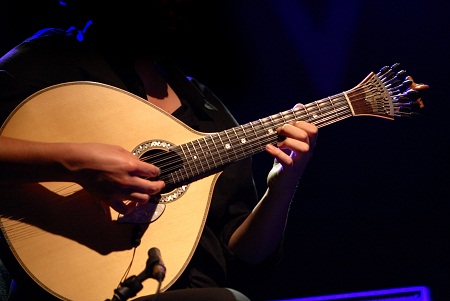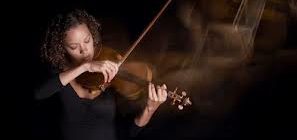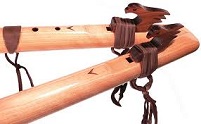Why does traditional Portuguese folk music seem to matter so much, even today? Read our guide for more facts & information…
Portugal has a lively and longstanding tradition of folk music that is still in abundant evidence nowadays. In historical terms all of traditional Portuguese folk music acknowledges a debt to Ancient Rome’s musical traditions imported into the Iberian Peninsula by the Roman legions and their camp followers over an extended period of time. Yet intrinsic folk music may well have been ultimately a greater influence in the folk as opposed to classic tradition of Portugal. Sparse documentation will probably leave most questions regarding origins open for all time.
One cannot discuss traditional Portuguese folk music without mentioning fado music, which has played a significant role is the country’s musical heritage since the early 19th century and probably traces its origins to different strains of folk ballads and sailor songs from Portugal and distant regions, particularly Africa. A Moorish or Arabic influence cannot be discounted either.
The word fado can be translated from the Portuguese as “faith”, but that English word cannot do justice to the emotional context that has been a part of fado virtually since its inception. The wistful, soulful music and longing lyrics must be heard so that the saudade inherent in fado is experienced. Saudade describes a profound set of emotions that partake of nostalgia and yearning for something or someone that was cherished at one point in time and is now lost forever.
Aside from its colorful emotional component fado has a colorful history involving a prostitute and fadista by the name of Maria Severa, a tavern owner’s daughter whose performance entranced Portuguese peasants and nobility alike, including the Francisco de Paula Portugal e Castro, the 13th Count of Vimioso.
Fado music has divided into two schools or varieties over time. The Portuguese cities of Lisbon and Coimbra are represented by this division. The Coimbra school is commonly regarded as more refined and classically based than the popular Lisbon style.
Fado is not the only variety of folk music with roots in Portugal. The music called Trás-os-Montes resembles a type of music called the Galicia. This genre of music can feature everything from cappella vocals to gaita-de-foles (traditional bagpipes). A unique musical scale has served to distinguish it from other musical forms and may have contributed to its preservation. Gaita-de-foles are typically accompanied by the caixa.
Caixa (pronounced ka-sha) means box in Portuguese. In a musical context the caixa is now regarded as chiefly a Brazilian snare drum, although it may have originally been a Portuguese military snare drum made from lightweight aluminum.
Tras-os_Montes songs are sung in Portuguese as well as the Mirandese language. Mirandese is a Romance language that has to this day maintained pronounced linguistic differences when compared to either Portuguese or Spanish.
Any survey of traditional Portuguese folk music would be remiss if it did not at least acknowledge the persistence and influence of countless other regional strains of folk music. The folk revivals of the 60’s and 70’s as well as renewed worldwide interest in roots music of all kinds in the 80’s have garnered Portuguese regional music additional attention. Precise histories of such music are often lacking, however, since proficiency in these folk forms is often passed down from one hand to the next in a very informal and undocumented fashion. Many times only sound recordings remain.





